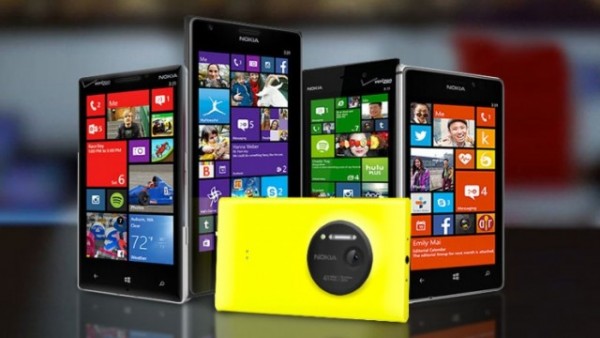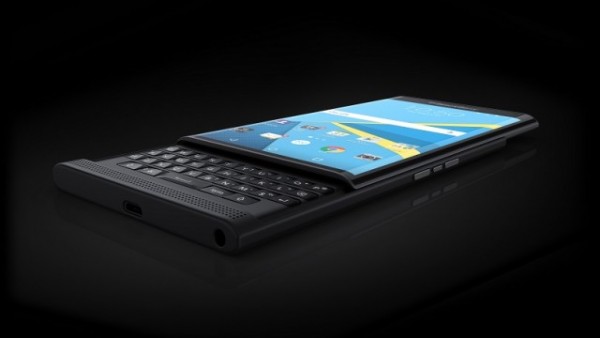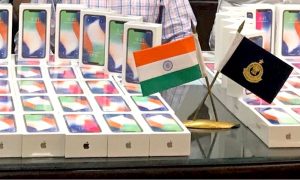Latest smartphone sales data is grim news for Windows Phone, BlackBerry Priv

Gartner has released its quarterly report on global smartphone sales for Q1 2016 and the data isn’t particularly great for any of the major North American players. Apple, Microsoft, and BlackBerry all saw their market share decline compared with the same period last year, but the news is particularly bad for the latter two companies.
Apple and Samsung continue to hold the top two spots in the overall phone market, with 14.8% and 23.2% of the market respectively, but both companies were off compared with 2015 — Apple’s market share fell 3.1 percentage points, while Samsung’s dropped 0.9 percent points. Huawei and Oppo were the big winners this past year; with Huawei picking up 2.9 percentage points of market share and Oppo moving from 2% of the market in 2015 to 4.6% in 2016.
Lenovo, which had sharply increased its market share in recent years, fell off the map entirely from 2015-2016, suffering a 33% decline in smartphone shipments. Gartner research director Anshel Gupta writes: “Lenovo had another challenging quarter with its worldwide smartphone sales declining 33 percent. Its smartphone sales fell by 75 percent in Greater China, where it faced strong competition from local brands. Lenovo is also struggling to bring synergies with Motorola’s device business, managing lower costs and overheads of the two brands.”

The BlackBerry Priv was supposed to launch a revitalization of BlackBerry, but it hasn’t played out that way yet.
But the news is particularly bad for two companies in particular: Microsoft and BlackBerry. Both companies have bet on high-profile projects and devices to save their smartphone businesses — Microsoft with Windows 10 Mobile, and BlackBerry with devices like its first Android phone, the BlackBerry Priv. Windows 10 Mobile is the well-reviewed platform that no one uses or bothers to create apps for, while the Priv is a pretty decent (if not extraordinary) phone that BlackBerry was hoping would reboot its entire phone division and hardware sales. If Gartner’s figures are remotely accurate, that simply hasn’t happened. Now it’s possible that the Priv simply hasn’t sold well enough to offset the total decline in BB’s handset business, but there’s not a lot of support for that hypothesis at the moment.
Microsoft phone sales have fallen to 0.7% of the market, with an estimated 2.4 million devices sold last quarter, down from 2.5% and 8.2 million devices in the first quarter of 2015. BlackBerry shipped just 660,000 mobile phones and held 0.2% of the market, down from 1.325 million and 0.4% of the market in 2016.
It seems extremely unlikely that either Microsoft or BlackBerry can reverse this plunge and neither company seems particularly interested in continuing to try. BlackBerry has already made noise about shifting away from hardware and pivoting to become a software company, while Microsoft has already announced it will sell its feature phone business to Foxconn for $350 million. While Microsoft has pledged to continue developing Windows 10 Mobile, but the company has reportedly shelved any plans to launch future Lumia devices and it isn’t expected to have a so-called Surface Phone in market until 2017. In theory, this could revitalize the Windows Phone market, but with collapsing market share it’s hard to see why app developers would target the platform.











